Caregiver Self-Care: Avoiding Burnout While Helping a Loved One
Caring for someone you love is one of the most meaningful things you can do. But even the most devoted caregivers can feel overwhelmed or exhausted at times.
Whether you are a family member helping a loved one or a professional caregiver supporting clients, taking care of yourself is not a luxury—it is essential. When you nurture your own well-being, you are better equipped to offer the compassion, patience, and strength your loved one deserves.
You cannot care for others if you do not care for yourself first.

Understanding Caregiver Burnout
Caregiver burnout happens when the physical, emotional, and mental demands of caring for someone become overwhelming. It goes beyond everyday stress and can lead to feelings of exhaustion, frustration, or hopelessness.
Anyone can experience burnout—family members juggling work and caregiving duties, or professional caregivers who spend long hours supporting others. Over time, constant responsibility without adequate rest can take a serious toll on health and happiness.
Common causes of caregiver burnout include:
- Lack of rest or personal time
- Feeling unappreciated or unsupported
- Emotional strain from watching a loved one’s health decline
- Financial pressures
- Balancing caregiving with other life responsibilities
Recognizing the warning signs early can help you take action before burnout becomes overwhelming.
Signs You May Be Experiencing Burnout
If you are a caregiver, it is important to pay attention to your body and emotions. Here are some common signs of caregiver burnout:
- Feeling tired no matter how much you rest
- Losing interest in activities you once enjoyed
- Becoming easily irritated or impatient
- Withdrawing from friends or family
- Trouble sleeping or sleeping too much
- Changes in appetite or weight
- Frequent headaches, muscle tension, or stomach issues
- Feeling helpless, hopeless, or trapped
Burnout can sneak up on you slowly. You might think you are just tired or stressed, but over time, these feelings can deepen. Admitting that you need support is not a weakness—it is a vital step in caring for yourself and your loved one.
Why Caregivers Struggle With Self-Care
Most caregivers are naturally compassionate people who put others first. Unfortunately, this can lead to neglecting their own needs.
Family caregivers often feel guilty about taking breaks. You may worry that stepping away means letting your loved one down.
Professional caregivers may feel pressured to keep working through fatigue or may not have enough workplace support for self-care.
Other common reasons caregivers avoid self-care include:
- Believing “no one else can do it as well”
- Feeling guilty for taking time off
- Having limited resources or respite care options
- Forgetting their own needs matter too
Remember, self-care is not selfish. It allows you to continue showing up with love and energy. Without it, burnout can lead to frustration, illness, or even resentment—none of which help you or the person you care for.
Simple Self-Care Strategies for Caregivers
You do not need to overhaul your life to feel better. Small, consistent steps can make a big difference. Here are practical ways to protect your well-being while caring for others.
1. Prioritize Rest and Nutrition
Sleep is your body’s reset button. Aim for 7–8 hours whenever possible, and establish a bedtime routine that helps you unwind. Eat balanced meals throughout the day and stay hydrated. Skipping meals or relying on caffeine can worsen fatigue and mood swings.
2. Set Realistic Expectations
You cannot do everything perfectly—and that’s okay. Focus on what truly matters each day. Let go of guilt for not meeting unrealistic standards.
3. Take Short Breaks
Even 10 minutes of quiet can refresh your mind. Step outside for fresh air, stretch, or listen to your favorite song. Short breaks throughout the day prevent emotional overload.
4. Move Your Body
Gentle exercise like walking, yoga, or stretching helps release stress and improve mood. You do not need a gym—small bursts of movement throughout the day add up.
5. Stay Connected
Caregiving can be isolating. Reach out to friends, family, or other caregivers who understand your challenges. Join an online or local support group to share stories and encouragement.
6. Ask for Help
You are not alone. If possible, involve other family members, neighbors, or respite care professionals. For professional caregivers, talk to your supervisor about scheduling or additional support options.
7. Practice Emotional Check-Ins
Take a moment each day to notice how you are feeling. Journaling, prayer, or meditation can help you process emotions and identify when you need extra care.
8. Separate Your Role From Your Identity
Caregiving is an act of love, but it does not define your entire life. Continue pursuing hobbies, friendships, and personal goals that bring you joy.
Self-Care for Professional Caregivers
If you work as a home care aide, nurse, or professional caregiver, your emotional energy is part of your job. To stay resilient, it is important to build habits that protect your mental health.
Tips for professionals:
- Take scheduled breaks, even short ones, to reset your energy.
- Debrief challenging experiences with a trusted coworker or supervisor.
- Use mindfulness or breathing exercises before and after shifts.
- Seek continuing education that empowers you to manage stress or compassion fatigue.
- Remember that asking for help shows strength, not weakness.
At Chosen Family Home Care, we believe in supporting both our clients and our caregiving team. Every caregiver deserves respect, understanding, and time to care for themselves too. See how we
support caregivers.
How Chosen Family Home Care Supports Caregivers
At Chosen Family Home Care, we know caregiving takes heart. That is why we prioritize both client care and caregiver well-being. We help family caregivers find balance and guide them through Pennsylvania’s Medicaid waiver program so they can be paid to care for loved ones. We also provide professional caregivers with training, scheduling flexibility, and a supportive environment where their work is valued.
We encourage every caregiver—professional or family—to take time for themselves. When you care for yourself, you strengthen your ability to care for others. It is not just self-care; it is part of the care plan.
If you want to learn more about managing stress, check out our blog on caregiver burden and stress.
You Deserve Care Too
Caring for others is a gift, but you cannot pour from an empty cup. Taking even a few minutes each day for yourself helps you stay grounded and gives you strength to continue giving.
If you or someone you know is struggling with caregiver burnout in Philadelphia, PA, Chosen Family Home Care is here to help. Our compassionate team understands the challenges caregivers face and provides guidance, respite, and home care services that feel like family.
Contact us today to learn how we can support you and your loved one.












